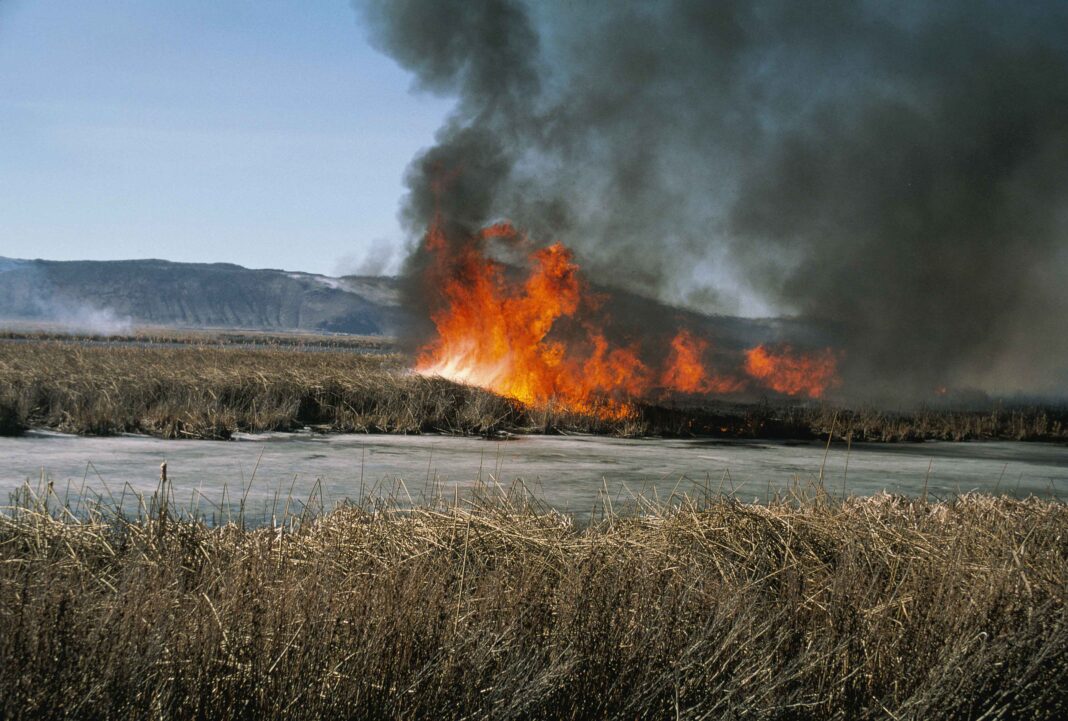Solar loans in Iraq are opening new opportunities for clean energy adoption and economic growth. On July 25, 2025, RTB Bank launched a new low-interest loan program to support the installation of solar panels across the country.
Moreover, the program forms part of a national renewable energy strategy, funded by the Central Bank of Iraq. In addition, the initiative aims to reduce carbon emissions, strengthen energy independence, and address Iraq’s deepening electricity shortages.
As a result, individuals and businesses can now access flexible financing through solar loans in Iraq. Loan amounts range between 7 million and 30 million Iraqi dinars, or about $4,800 to $20,700. Borrowers can repay within seven years and benefit from an optional six-month grace period.
Furthermore, Iraq suffers from power cuts every summer when temperatures often exceed 50°C. These extreme conditions put immense pressure on the national grid. By offering low-interest loans, the government encourages solar adoption as a solution.
RTB Bank’s CEO, Ahmed Nawzad, emphasized the bank’s green commitment. He stated, “We aim to support sustainable growth and diversify Iraq’s energy sources. This initiative reflects our responsibility toward the environment and the economy.”
Additionally, the loans empower people to invest in solar energy without financial barriers. Consequently, this helps Iraq reduce dependence on imported electricity and fossil fuels.
Founded in 2001, RTB Bank is headquartered in Erbil and regulated by the Central Bank of Iraq. The bank is also listed on the Iraq Stock Exchange.
Solar loans in Iraq represent a turning point in the nation’s renewable energy journey. Interested applicants should visit RTB Bank branches to learn about requirements and apply.
Ultimately, this program supports climate goals, boosts energy reliability, and strengthens economic resilience—all through clean and affordable solar power.
This sustainable finance model not only encourages innovation but also builds public trust in renewable solutions. Over time, such programs can reshape Iraq’s energy landscape and protect future generations.



